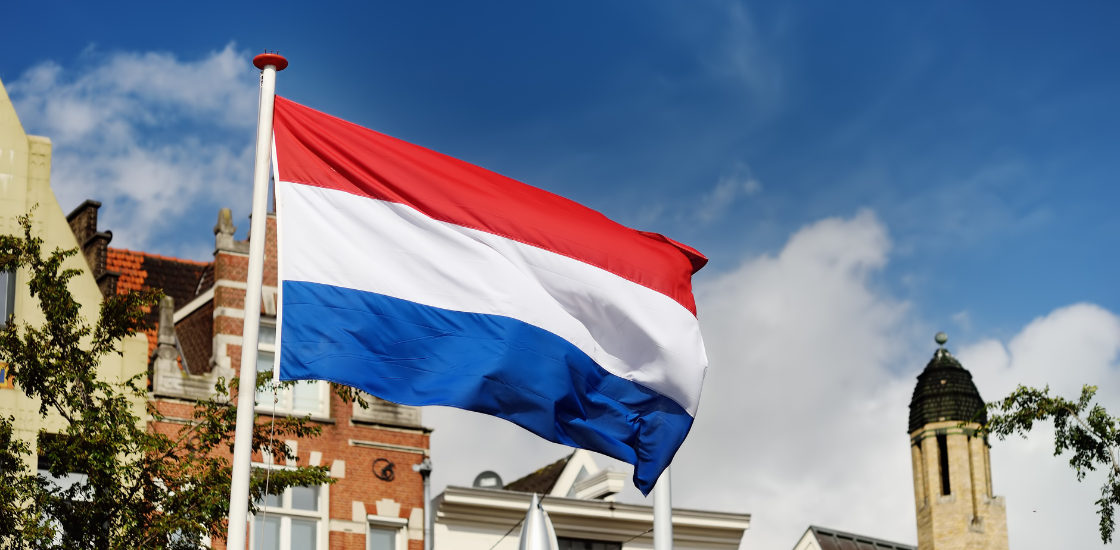NOGA Raises Concerns Over Proposed Dutch Gambling Tax Increase
The Dutch Online Gambling Association (NOGA) has expressed significant apprehension regarding the proposed gambling tax hike from 30.5% to 37.8% by the forming parties in the Netherlands.

Impact on the Legal Gambling Market
NOGA’s Director, Peter-Paul de Goeij, highlighted the potential adverse effects of this substantial tax increase on the industry. “The proposed increase in the tax rate by no less than 7.3% endangers the viability of the legal Dutch gaming market,” de Goeij stated. He further explained that recent reports by the Gaming Authority indicate that channelling is under pressure and the growth of the gaming market is not only levelling off but also lagging behind compared to other European countries.
Threat from Illegal Gambling Operators
The increase in taxation is anticipated to further impoverish the legal gambling offerings, making them less competitive against illegal operators.
These unauthorized entities do not adhere to tax obligations nor the dutiful care prescribed in Dutch laws, posing a significant risk as they could attract consumers away from regulated markets. “This is extremely risky, in the knowledge that illegal parties, who do not pay taxes and are not bound by the duty of care as prescribed in Dutch laws and regulations, are already ostentatiously watching the customers of Dutch consumers,” added de Goeij.
Social and Economic Repercussions
NOGA warns that the intended budgetary gain from this tax increase, estimated at €200m, could contrast starkly with the considerable social damage that might ensue. Increased patronage of illegal providers by Dutch consumers could lead to social issues, particularly if these providers fail to manage problematic gaming behaviors.
“These providers will experience the benefits of decanalisation, but the financial and emotional burdens, for example because no action is taken in the event of problematic gaming behaviour, will be passed on to the Dutch taxpayer,” de Goeij expressed.
